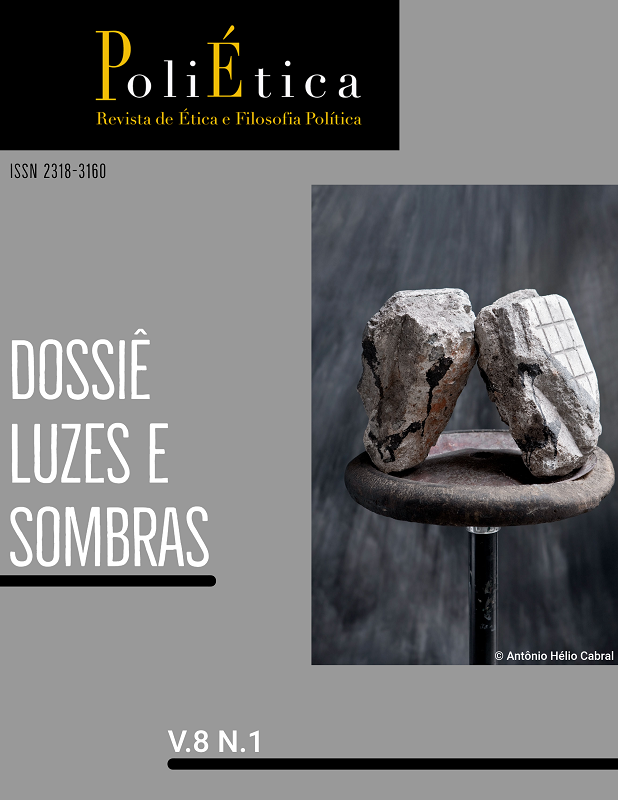| Qualis: A2 |
| Área do conhecimento: Filosofia |
Qualis
Make a Submission
Keywords
PGSoft Super Mahjong Ways 2 Kisah Penjual Pecel Lele Saat Simbol Emas Menari Mengubah Jalan Hidupnya
Terbongkar! Inilah Game PG Soft dengan RTP Tertinggi yang Bikin Pemain Auto Cuan
isualnya Gak Main-Main! Begini Cara PG Soft Bikin Game Terlihat Mewah dan Realistis
Gameplay PG Soft Kok Bisa Seenak Itu? Begini Perbedaannya dengan Provider Lain
Rekomendasi Game PG Soft untuk Pemula, Gak Ribet tapi Seru Banget!
Terbongkar! Pola 5 Spin Scatter Hitam di Mahjong Ways yang Sering Picu Free Spins Tak Terduga!
Pemain Mahjong Ways Ungkap Pola Langka Scatter Hitam: Bukti Bukan Sekadar Hoki!
Saat Scatter Hitam Muncul, Semua Berubah: Cerita Viral dari Dunia Mahjong Ways dan Spaceman!
Eksperimen Mode Demo Pragmatic Play: Cara Aman Uji Pola Scatter Sebelum Main Sungguhan!
Terbongkar! Pola 5 Spin Scatter Hitam di Mahjong Ways yang Sering Picu Free Spins Tak Terduga!
Spaceman Pragmatic Play Jadi Tren Baru: Rahasia Tekan Tombol Sebelum Crash Terungkap!
Pemain Mahjong Ways Ungkap Pola Langka Scatter Hitam: Bukti Bukan Sekadar Hoki!
Saat Scatter Hitam Muncul, Semua Berubah: Cerita Viral dari Dunia Mahjong Ways dan Spaceman!
Eksperimen Mode Demo Pragmatic Play: Cara Aman Uji Pola Scatter Sebelum Main Sungguhan!
https://www.jurnal.bimaberilmu.com/
https://slotwinterus808.online/
https://periodicoscedigma.cedigma.com.br/
https://revistaexaminar.cedigma.com.br/
https://cedigma.com.br/info/Misteri-Naga-Hitam-Mahjong-Ways-Bikin-Heboh-Sekelompok-Pemuda.html
https://cedigma.com.br/info/Misteri-Naga-Hitam-Mahjong-Ways-Bikin-Heboh-Sekelompok-Pemuda.html
https://atlanticaeditora.com.br/


